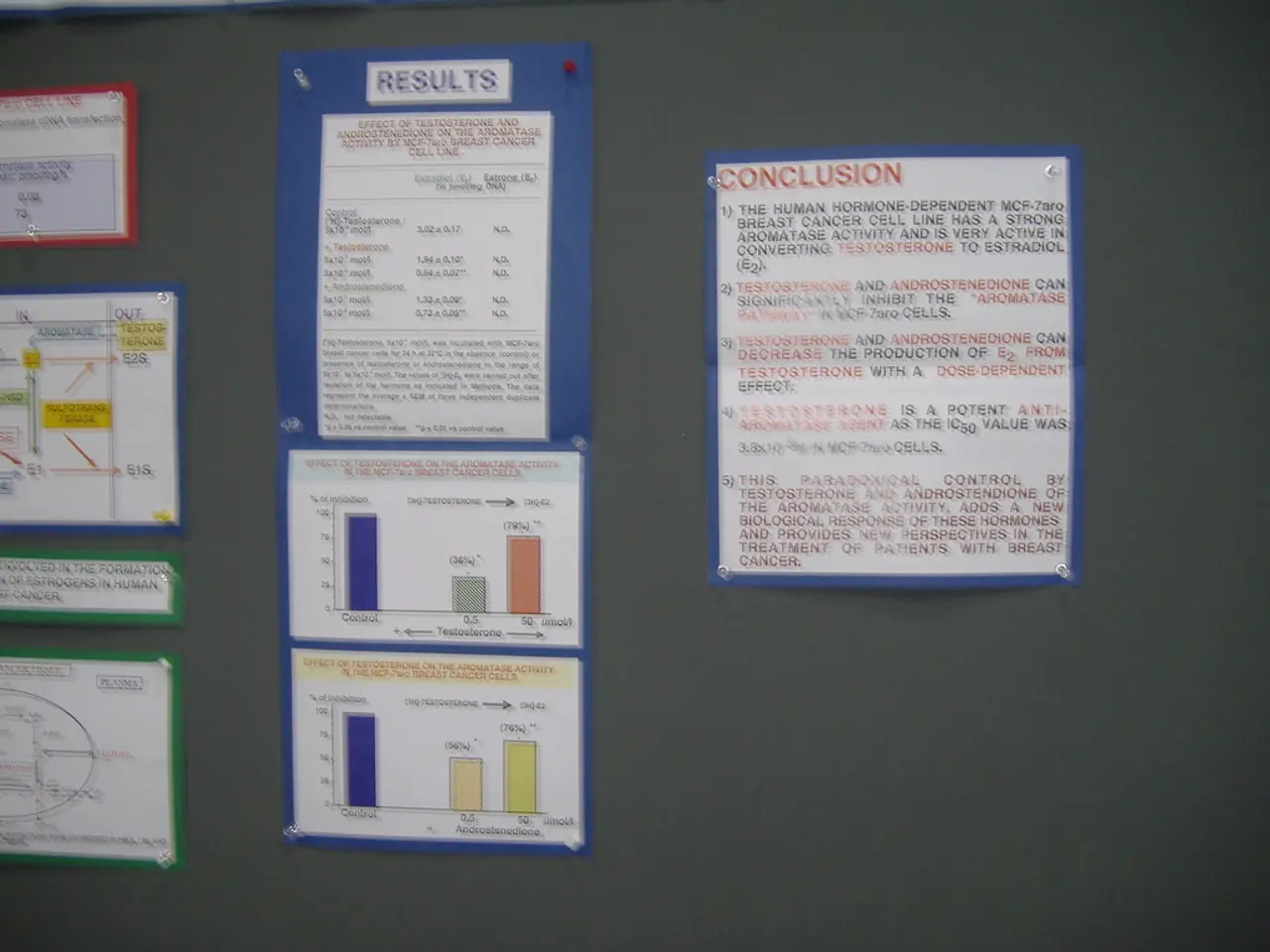Telecom service providers in Nigeria receive a debt settlement worth $132 million from the country's banks for USSD services.
In a significant turn of events, Nigerian banks have started repaying a ₦200 billion debt owed to telecom companies for the use of Unstructured Supplementary Service Data (USSD) banking services. This long-standing debt, which has been accumulating for six years, was highlighted by the Central Bank and the Communications Commission as a pressing issue that needed immediate resolution.
The debt, which includes principal sum and interest, has been a contentious issue between the banks and telcos. The cost of data, a significant factor in the dispute, has been a point of contention, with banks arguing that reducing the cost could eradicate USSD, making it less viable for financial inclusion.
However, the banks' resistance in paying the debt appears to have been wavering. After a late 2023 meeting, banks have begun repaying the debt, a move that was announced by the Chairman of the Body of Bank CEOs, representing Deposit Money Banks during the agreement with Mobile Network Operators and regulators on settling outstanding USSD service payments.
Central Bank Governor Olayemi Cardoso played a significant role in urging the banks to commence payments. Telcos, on the other hand, argue that USSD is a vital channel for banking and that banks should collect and remit the applicable fees.
Initially developed by telecom companies for airtime and subscription services, USSD has become a popular payment channel in Nigeria, ranking fifth in usage. Despite its popularity, USSD has the lowest spend-per-transfer at ₦10,000 compared to other channels like mobile apps and online transfers.
Banks do not generate revenue from USSD and are incentivized to deprioritize it due to smaller payment values compared to mobile banking. Some bank executives believe the debt may not be resolved and suggest that telcos should let it go.
The payment process has been slow, according to Gbenga Adebayo, president of ALTON. This slow pace could potentially increase the debt if it continues, as the interest accumulates.
In an attempt to promote USSD services, banks like GTCO started marketing campaigns, such as the *737 shortcode, in 2016. However, as the industry combats fraud, security concerns arise, making USSD less of a priority for Nigerian banks, potentially slowing the pace of payments toward the debt.
Despite the ongoing dispute, it is evident that the repayment of the debt is a step in the right direction towards resolving this long-standing issue and ensuring a harmonious relationship between banks and telcos for the benefit of Nigerian consumers.








